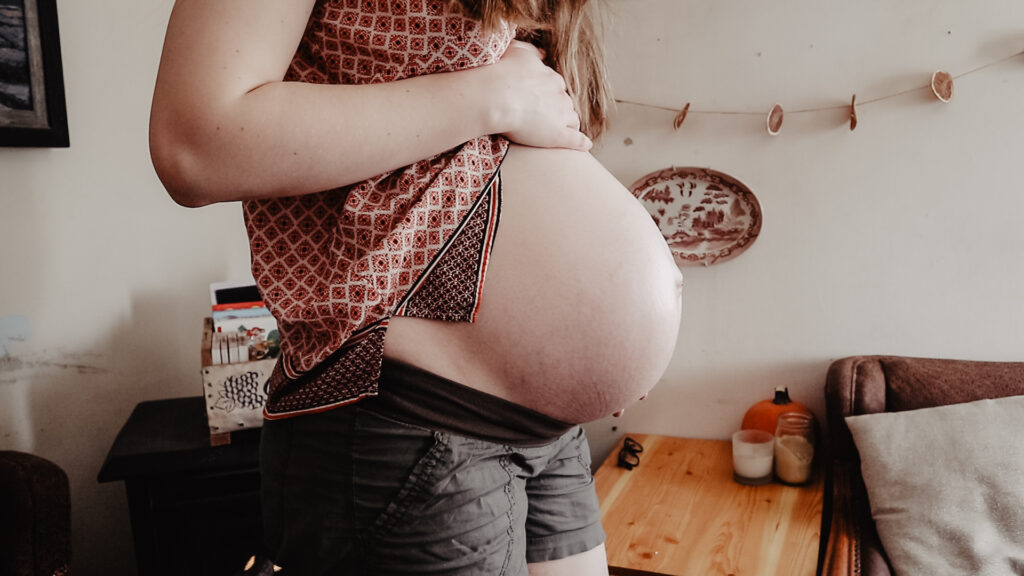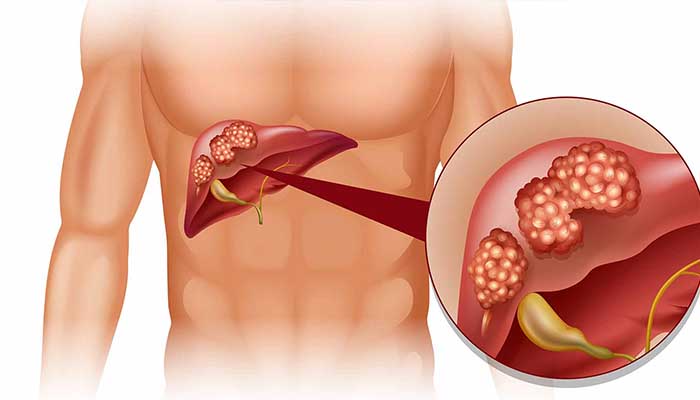THE DECEPTIVE TRAITS OF PRODROMAL LABOR
Prodromal Labor: You’re heavily pregnant. And the date of delivery encroached faster than ever. Finally, you will be relieved of the weight you’ve had to bear all these months. You’re doing the laundry when suddenly, the pain hits. It’s a contraction. It comes hard and fast and you immediately yell and call for your husband. The baby is coming, you say.
At the hospital though, you’re told you’re not going into labor yet. You have merely experienced prodromal childbirth. What’s that, you ask. And the doctor tells you –
WHAT REALLY IS PRODROMAL LABOR?
In prodromal labor or pre-labor, the early symptoms are before the start of labor. Prodromal childbirth is a kind of preparation the body experiences for real labor. A lot of persons misconceive prodromal childbirth as “false labor.” Prodromal childbirth starts out pretty much like actual labor, however, it does not lead to the b of the child. However, findings have revealed that not every woman experiences prodromal childbirth.
The term is used to describe a group of physiological changes that occur in a pregnant woman before she goes into actual labor. The term “false labor” is sometimes used to describe a group of Braxton Hicks contractions that are mistaken for real labor.
When you have contractions, you may think that it is finally time to meet your baby in person. However, if you are having contractions that are too irregular before you are in a full-term pregnancy, you will need to stop stimulation, as you may experience prodromal childbirth.
Because prodromal childbirth begins and stops before active labor begins, many women mistake it to be actual labor. As a result of this, expectant mothers are often hospitalized towards the end of their term. The word ‘prodromal’ is gotten from the Greek root word that translates as ‘precursor’. Prodromal childbirth can linger from a few days to a month.
SEE POST: Tortuous Colon
POSSIBLE CAUSES OF PRODROMAL LABOR
Researchers have yet to identify the exact cause of prodromal childbirth. However, the most agreeable opinion is that it is some mechanism the body uses to prepare itself for when it goes into actual labor. There are many factors that can trigger prodromal labor, such as:
#1 Physical Factors:
If you have an uneven pelvis or any type of uterine abnormality, this can lead to prodromal labor.
#2 Baby Position
If your baby is in the breech position, the chances of prodromal childbirth increase. The uterus tries to bring the baby into the correct position through contractions. However, if it doesn’t work, it shuts down automatically.
#3 Previous Experience
Women who have had prior incidences of prodromal childbirth in previous pregnancies are likely to have a recurrence of it in subsequent pregnancies.
#4 Fear and Anxiety
Like most cases, fear and anxiety can have a negative effect on the way things work. If you have any negative feelings about your pregnancy or for any other reason, it could affect your uterus.

SYMPTOMS OF PRODROMAL CHILDBIRTH
Knowing the symptoms of prodromal childbirth can help you identify when it does occur. You should keep in mind that each pregnancy and labor is different, so the rules don’t have to be hard and fast. Here are some symptoms to watch for:
- Dilated cervix: An exam will show whether your cervix is dilated.
- The contractions will seem to have relapsed only to start again shortly.
- Instead of front-to-back contractions, you feel them in the abdomen.
- The intensity of contractions is weaker than the contractions that occur during actual labor.
- Contractions can be constant and increase in intensity, but then they fade instead of progressing.
- The contractions of prodromal childbirth aren’t characterized by other symptoms of actual labor such as the breaking of water.
When Is Prodromal Labor To Be Expected?
Prodromal childbirth begins in the third trimester during the last month of pregnancy when the body is getting prepared for the real or actual labor. Contractions usually occur around the time of the due date but do not result in the birth of your baby.

HOW LONG DOES IT LAST?
The contractions of prodromal childbirth are somewhat regulated, occurring at about five to ten minutes intervals from each previous one. Also, they last for about a minute or less.
RELATED POST: The Lacrimal Bone
How Is It Different From Braxton-Hicks?
Prodromal childbirth is often taken to be Braxton-Hicks contractions, but they are not the same. Let’s look at some differences between the two:
Braxton-Hicks consists of practice contractions and is the body’s way of preparing itself for labor, while prodromal childbirth can be a sign that your baby is in the wrong position.
Braxton-Hicks contractions cause a tight and uncomfortable sensation that doesn’t last very long, nor are they more intense. For prodromal labor, there is a regular pattern, and contractions vary and can increase in intensity.
Contractions that occur during Braxton-Hicks can be calmed down with some food, water, and rest, while contractions that result from prodromal labor cannot be calmed down by them.
In prodromal childbirth, the cervix dilates slightly. However, this does not happen during Braxton-Hicks.
How To Differentiate The Contractions of Prodromal Labor From Those of Actual Labor
Prodromal childbirth is considered the early stage of active labor, but it comes and goes. The contractions in prodromal childbirth come and go within five to ten-minute intervals. However, when the real labor starts, the contractions do not stop but rather keep increasing in intensity until the child is birthed.
BENEFITS OF PRODROMAL PAIN
It may sound strange, but prodromal pain can help you in the following ways:
- It prepares you to deal with the real labor pain. According to research, women who experience prodromal delivery will eventually have shorter labor periods. So, maybe prodromal labor isn’t as bad as you may think it is.
- Prodromal childbirth can be a very scary experience. However, being prepared for it will save a pregnant mother from much distress.
Sharing Is Caring!

